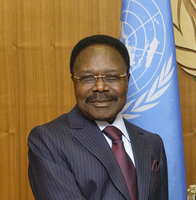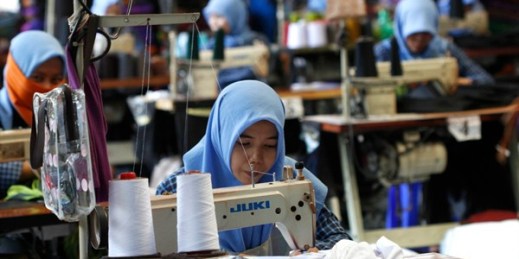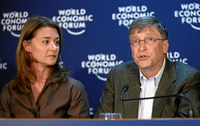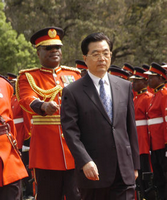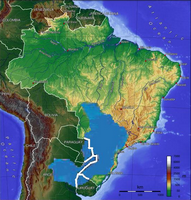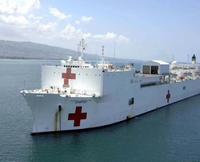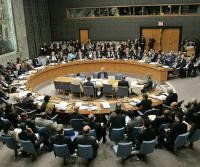
Like beauty, the value of the United Nations lies in the eye of the beholder. Case in point, David Rothkopf’s recent screed on ForeignPolicy.com against the world’s largest multilateral organization, the latest in a long line of vitriolic — and largely misinformed — attacks on the institution. Only a few years ago, John Bolton, at the time the U.S. ambassador to the body, declared that lopping 10 floors off the secretariat would make little difference in its operation. Superfluous or not, those 10 floors managed to survive Bolton’s U.N. tenure largely unscathed. Although Rothkopf’s rant, too, will likely dissolve away […]

